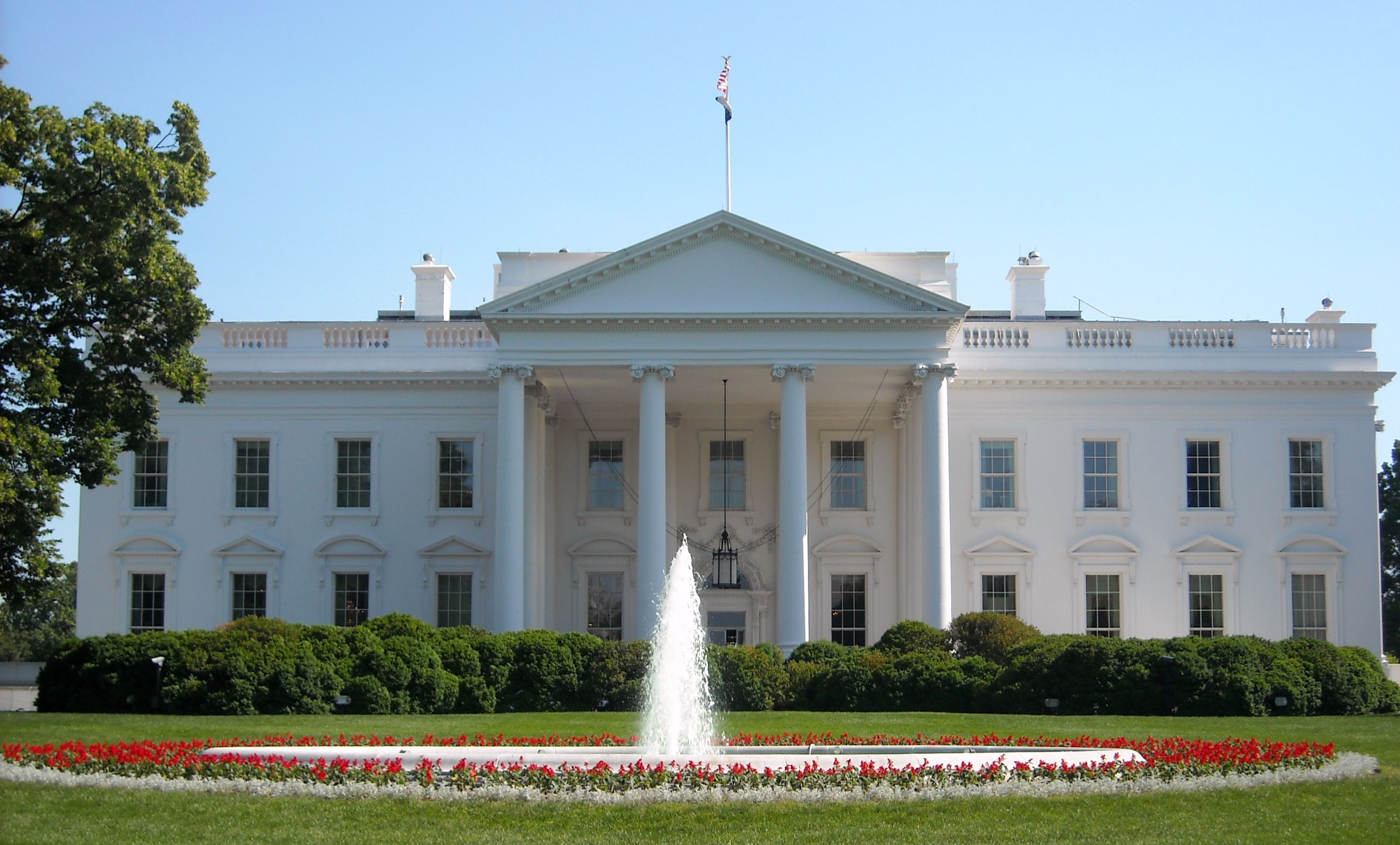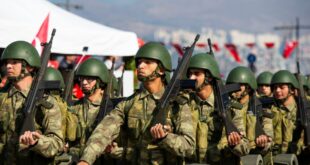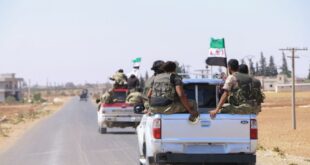According to the Obama Administration, Secretary of State John Kerry wrangled a vital concession from Russia, leading to the last minute deal in Munich on Feb. 10 for a cease-fire and the opening of humanitarian corridors. Russia, in private talks with the US, had been demanding that any cease-fire start on March 1, at the earliest, and the US and allies insisted that the cease-fire start immediately, freezing all military operations other than direct attacks on the Islamic State and the Nusra Front. Russia was banking on completing the retaking of Aleppo by Syrian armed forces and allied militias, with heavy Russian air support, by March 1. While there was debate inside the Obama Administration over whether the Russians were seeking an absolute battle-field victory in the war, or were seeking to take Aleppo and greatly strengthen President Bashar Assad’s negotiating position in the Geneva talks, there was unanimous agreement that Russia was aiming to finish off the Aleppo campaign before agreeing to any cease-fire or humanitarian corridors.
The fact that Russia accepted the earlier date for the full cease-fire came as the result of Kerry making the point forcefully to Russian Foreign Minister Sergei Lavrov that a breakdown in the peace talks would ultimately lead to Western direct military intervention in Syria.
As Kerry was holding his closed-door negotiations with Lavrov, US Defense Secretary Ashton Carter was meeting in Brussels with top military officials from 26 nations involved in the anti-ISIL coalition, pressing them to commit to more active engagement in the war. Both Saudi Arabia and Turkey announced that they would be beefing up their direct military engagement, with the Saudis immediately deploying a squadron of F-15 fighter jets and crew to the Turkish base at Incirlik. Saudi and Emirati Special Forces will also be joining US commandoes on the ground in Syria in the coming weeks, a commitment that was hailed by Carter. All of this is aimed at a near-term assault on Raqqa, to take back the ISIL capital. US intelligence has reported that some crucial command/control/communications hubs of ISIL have been relocated out of Raqqa in anticipation of the coming battle. Seasoned ISIL fighters are now in short supply, and increasingly, ISIL is resorting to conscripts, including child soldiers.
And Turkey’s Prime Minister Davutoglu announced that Turkey was prepared to launch ground operations inside Syria, to block Syrian Kurdish fighters from the Syrian Democratic Front from establishing an unbroken corridor along the Turkish borders with the Kurdish regions of both Syria and Iraq. As of Feb. 13, Turkish artillery was firing at a military base in northern Turkey recently taken over by Kurdish units.
The Turkish government is convinced that Russia has a deal with the Syrian Kurds, under which they will be given near-independence within Syria, parallel to the Kurdish Region in Iraq, which is a sovereign entity in all-but-name. Such a Kurdish enclave on the Turkish border would give Russia the ability to maintain a perpetual state of hostility to Turkey’s south, and would give any future Syrian government—with or without Assad—a strategic advantage. Ankara will never accept that, and the Turkish Army is threatening to invade, creating another major headache for Obama and Kerry.
There is agreement between US and Turkish military officials that Russia’s pattern of bombing sorties have facilitated advances by YPG Kurdish militias into areas well outside the Kurdish enclave. But there is a widening dispute between Turkish President Erdogan and US President Obama over the Kurdish issue, with Erdogan publicly denouncing the United States for backing the YPG. When a State Department statement was issued, making clear that the YPG is not considered a terrorist organization by Washington, the US-Turkey rift widened.
Kerry’s negotiations with Lavrov concerned more than the Syria peace effort. Kerry is also looking to salvage the Minsk II Accords on Ukraine, and this topic consumed a significant amount of the back and forth negotiations between the US and Russia. Reportedly, a deal is near completion on the status of the eastern provinces of Ukraine, the $3 billion Ukraine debt to Russia, which is now in formal default, and the future ruling coalition in Kiev, now that the Finance Minister has resigned and other factional differences have erupted.
Kerry and Obama’s quest for both a Syria and Ukraine deal with Putin may prove to be grasping at straws. The first test will be in the coming days: Will Russia actually halt the bombings of Syrian rebels who are not ISIL or Nusra? Will they stop short of a full takeover of Aleppo?
 Geostrategic Media Political Commentary, Analysis, Security, Defense
Geostrategic Media Political Commentary, Analysis, Security, Defense





